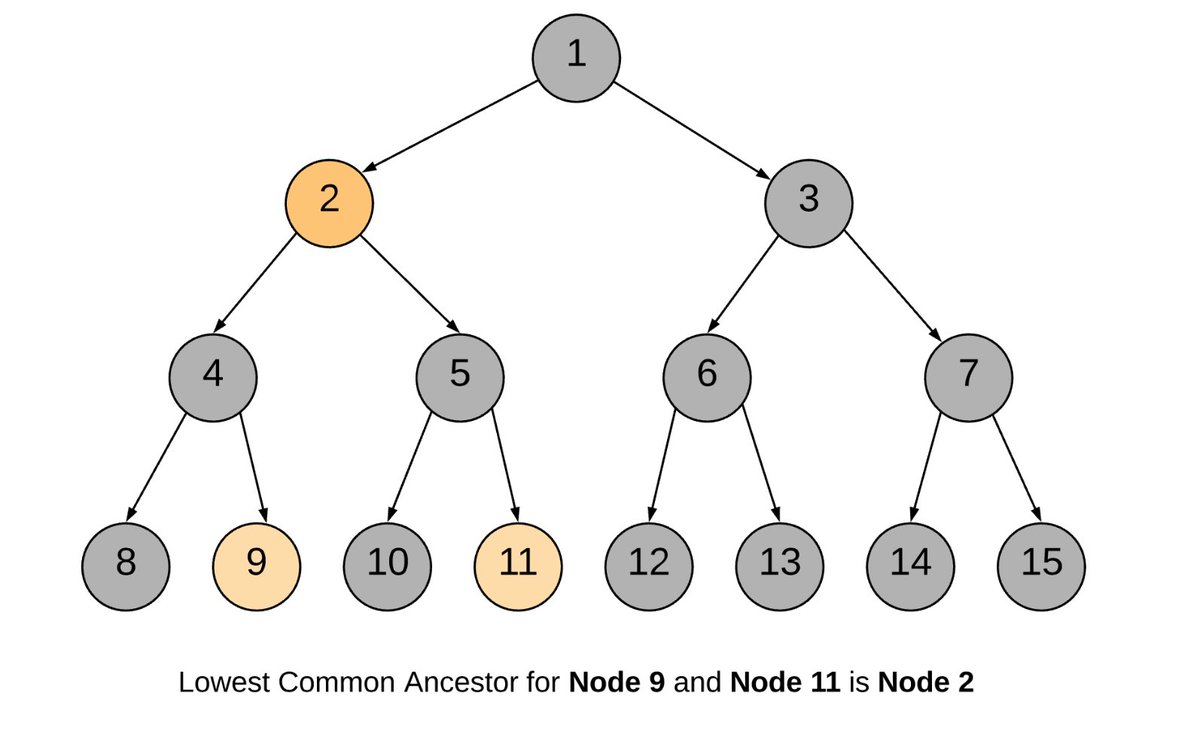
It used to be that only heavily armed nuclear weapons states had computers. Then rich people had them. Then everyone had them.
It used to be that only heavily armed nuclear weapons states could go to space. Then rich people could. Then…
It used to be that only heavily armed nuclear weapons states could go to space. Then rich people could. Then…

The point is that not that you have to be so rich to get to space. The point is that it has become so cheap to get to space. ntrs.nasa.gov/citations/2018… 

And it didn’t become that cheap by accident.
The self-made tech founders going to space helped lower costs >10X by driving fundamental advances like reusable rockets.
These are durable improvements that we can all build on.
The self-made tech founders going to space helped lower costs >10X by driving fundamental advances like reusable rockets.
These are durable improvements that we can all build on.
https://twitter.com/cfishman/status/1417109284735885316?s=20
• • •
Missing some Tweet in this thread? You can try to
force a refresh








